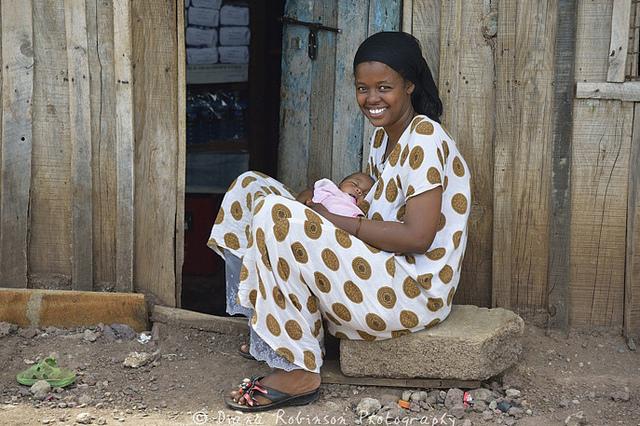
Makueni County is the first county in Kenya to capture post-partum family planning specific data. On July 4, 2017, the county director of medical services issued a circular directing all facility in-charges and medical superintendents to record and report monthly post-partum family planning (PPFP) data.
Since then, the county has integrated and strengthened data recording and reporting in relevant service points including maternity wards, operation theaters, gynecology wards, and neonatal child health service units. Now, at every point of contact with the health system, new mothers have an opportunity to discuss their reproductive intentions with service providers, to receive information on the benefits of family planning, and to access the full range of available post-partum contraceptives.
Data collected between July and December reveals that 232 mothers received family planning services within 48 hours post pregnancy—when offered, 71% of the women received implants and 3% received post-partum intra-uterine devices.
Advance Family Planning local partner Jhpiego Kenya led advocacy to form a county technical working group, including a post-partum family planning sub-committee, both of which played an integral role in achieving this advocacy win. The sub-committee comprises reproductive health coordinators from the county and sub-county levels, regional family planning partners, and a representative of the county’s top leadership from the Ministry of Health.
The Makueni County sub-committee, with the help of other local implementing partners, conducted a PPFP gap analysis of existing national data tools including the Ministry Of Health tool (MOH 711), which informs content filled in the DHIS2 — the DHIS2 is a web-based health management information system used to monitor health indicators at the county and national levels. The PPFP gap analysis showed that MOH 711 did not include PPFP as a reporting indicator. The sub-committee then spearheaded the development of a PPFP data summary tool (MOH 711 ANNEX) to be used at all facilities in the county. In the new MOH711 ANNEX, the county developed a specific spreadsheet for data from different sub-counties.
Having county-specific PPFP data will aid local stakeholders in evidence-based decision-making to improve local programs.
Jhpiego Kenya is currently working with a second county, Migori County to replicate this win. Jhpiego is also advocating nationally for the Head of the Reproductive Health and Maternal Services Unit to approve inclusion of PPFP indicators in the health information system.

